Jūsų krepšelis yra tuščias
Kategorijos
TOP
TOP
- 1. COVID -19 SEJOY greitasis antigeno testas nosies landų
- 2. COVID-19 SINGCLEAN greitasis antigenų testas nosie landų
- 3. AteroLip complex N90. Geresnė kaina!
- 4. Aterolip complex N90! 3 vnt.
- 5. BASICA SPORT, 660 g
- 6. Aterolip complex N90! 4 vnt.
- 7. A+E vitaminų tepalas BIG PACK 60g
- 8. Akcija! 3 vnt. Forcapil N60 plaukams, nagams ir odai
- 9. Orthomol Immun (30 dienos dozių)
- 10. Orthomol Arthro plus (30 dienos dozių)
Dabar lankosi
Dabar lankosi
Šiuo metu lankosi 341 svečiai(-ių)
Grožis
Kaip alopecija veikia žmogaus emocinę būseną?
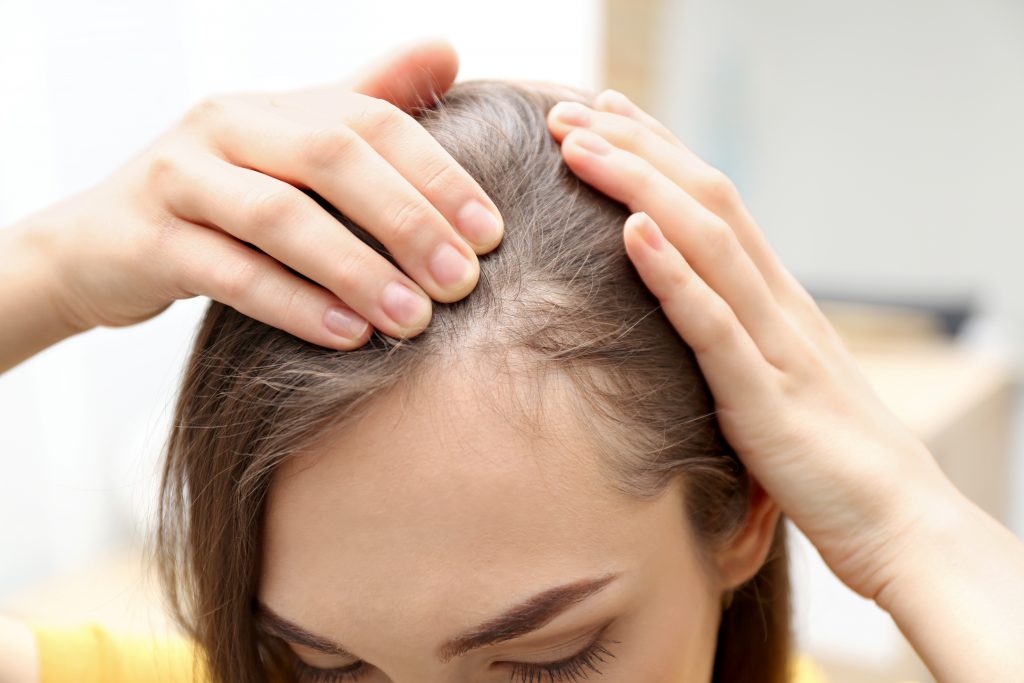
Alopecija, plačiai žinoma kaip plaukų slinkimas, yra būklė, kurioje asmuo patiria nenormalų plaukų retėjimą ar jų netekimą. Tai yra kompleksinė būklė, turinti daugybę galimų priežasčių ir formų, ir ji gali turėti įvairių poveikių asmeniui, tiek fiziologinių, tiek psichologinių.
Pagrindiniai alopecijos tipai yra androgeninė alopecija (vyriškojo arba moteriškojo modelio plaukų slinkimas), alopecia areata (dėmiškas plaukų slinkimas), telogeninė alopecija (laikinas plaukų slinkimas) ir cikatricinė alopecija (randinė alopecija).
Kaip cinko oksido tepalas gali padėti jūsų odai?

Cinko oksido tepalas yra medicininis produktas, naudojamas daugelio odos būklių gydymui ir prevencijai. Jo pagrindinis aktyvus ingredientas - cinko oksidas, yra mineralinis junginys, turintis savybes, leidžiančias jį efektyviai naudoti odos priežiūroje. Cinko oksidas yra baltas miltelių pavidalo junginys, kuris gali būti ištirpintas tepale, kuriame dažnai yra kitų komponentų, tokių kaip vazelinas ar lanolinas, siekiant padidinti jo pritaikymą ir efektyvumą.
Šampūnas - plaukų priežiūros pagrindas

Plaukų šampūnas yra higienos produktas, kuris yra skirtas valyti plaukus ir galvos odą nuo sebumo (natūralaus odos aliejaus), prakaito, odos ląstelių, dulkių ir išorinių veiksnių, tokių kaip oro tarša. Šampūnas yra sudarytas iš plovimo bazių, taip pat ir kitų komponentų, kurie gali teikti papildomą naudą, tokią kaip kondicionavimas, drėkinimas, apsauga nuo saulės, plaukų spalvos išsaugojimas ir kt.
Niežai: ligos signalas ar tiesiog odos dirginimas?
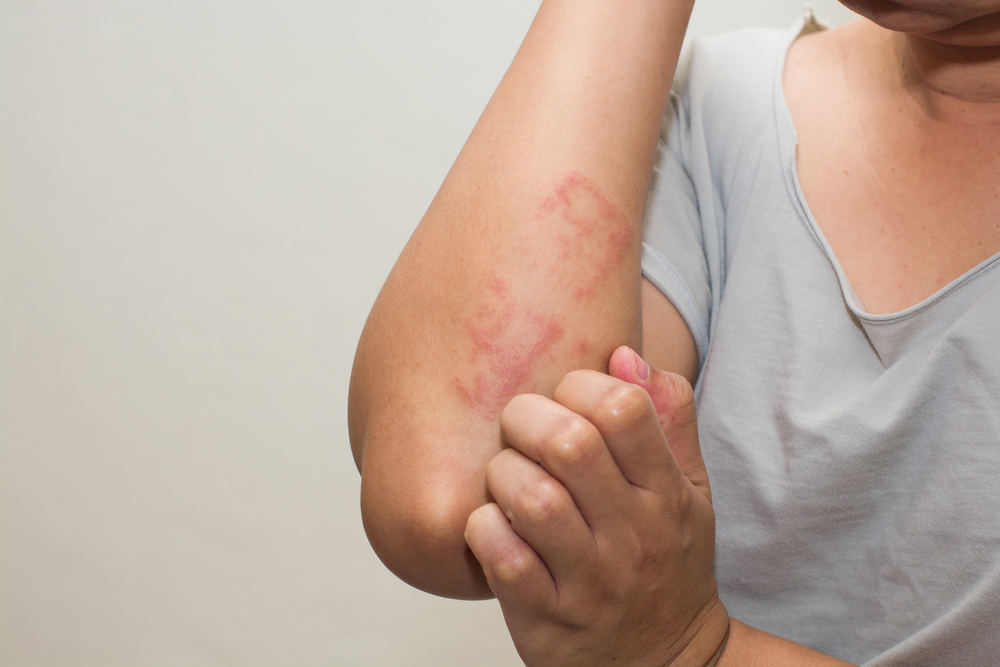
Niežai medicinos terminologijoje yra subjektyvus odos pojūtis, sukeliantis norą kasyti ar trinti odos plotą. Niežai gali būti laikomi bendru simptomu, susijusiu su įvairiomis odos ir sisteminių ligų būklėmis. Niežai taip pat gali būti psichogeninės kilmės ar atsirasti kaip vaistų šalutinis poveikis.
Niežai gali pasireikšti lokaliai (tam tikroje kūno dalyje) arba sistemiškai (visame kūne), priklausomai nuo pagrindinės priežasties. Jų intensyvumas taip pat gali skirtis nuo lengvo ir trumpalaikio diskomforto iki intensyvios ir ilgalaikės kančios, galinčios turėti didelės įtakos gyvenimo kokybei.
Choosing a Healthy and Beneficial Facial Moisturizer
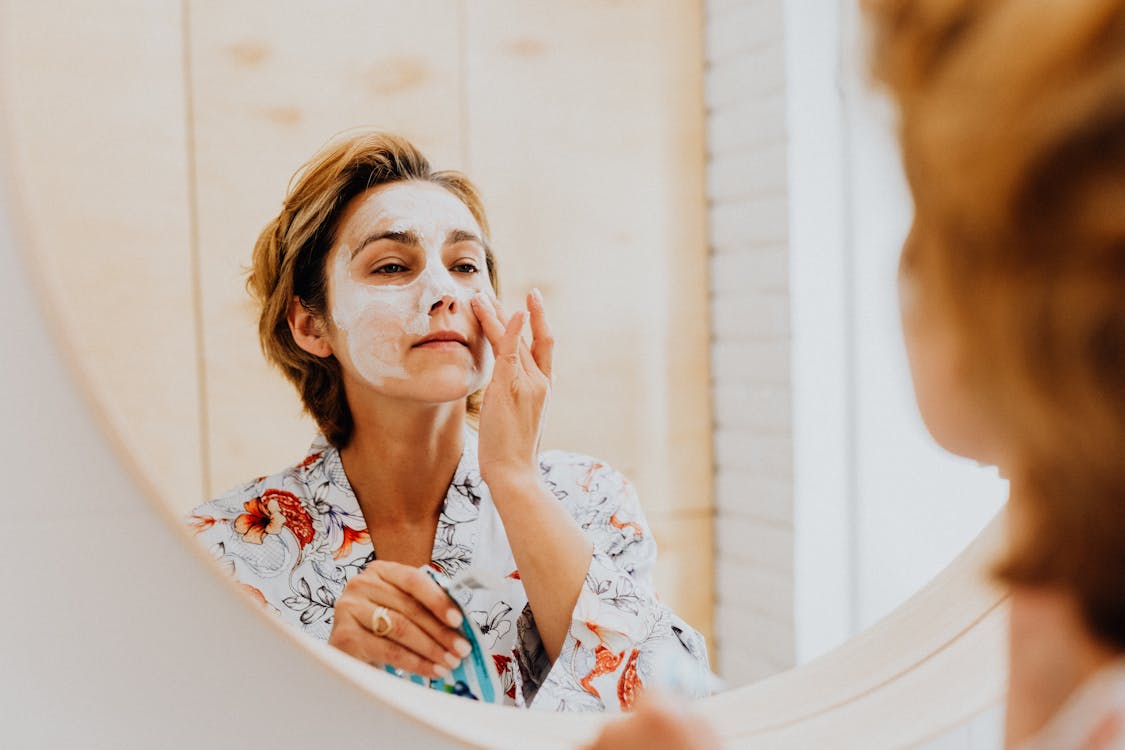
Why to Use a Moisturizing Cream?
Moisturizer (face cream, body and face creams) acts as a protective barrier for your skin, keeping it hydrated and healthy. While there tends to be confusion about the need for moisturizer (face cream, body and face creams) in the first place, most experts recommend using it on a daily basis. In addition to maintaining good diet and managing stress, the Mayo Clinic advises using “a moisturizer (face cream, body and face creams) that fits your skin type and makes your skin look and feel soft” for an effective skin care regimen.
11 benefits of hyaluronic acid for the face and body

Hyaluronic acid is a sugar that occurs naturally in the body, including the skin, eyes, and joints. The primary function of hyaluronic acid is to provide moisture to these areas of the body. Hyaluronic acid plays a crucial role in skin moisture. As people age, the moisture in their skin decreases, so some people choose to take supplemental hyaluronic acid and other products that includes hyaluron (face cream, serums, body and face creams).
Should You Add Hyaluronic Acid to Your Skincare Routine?
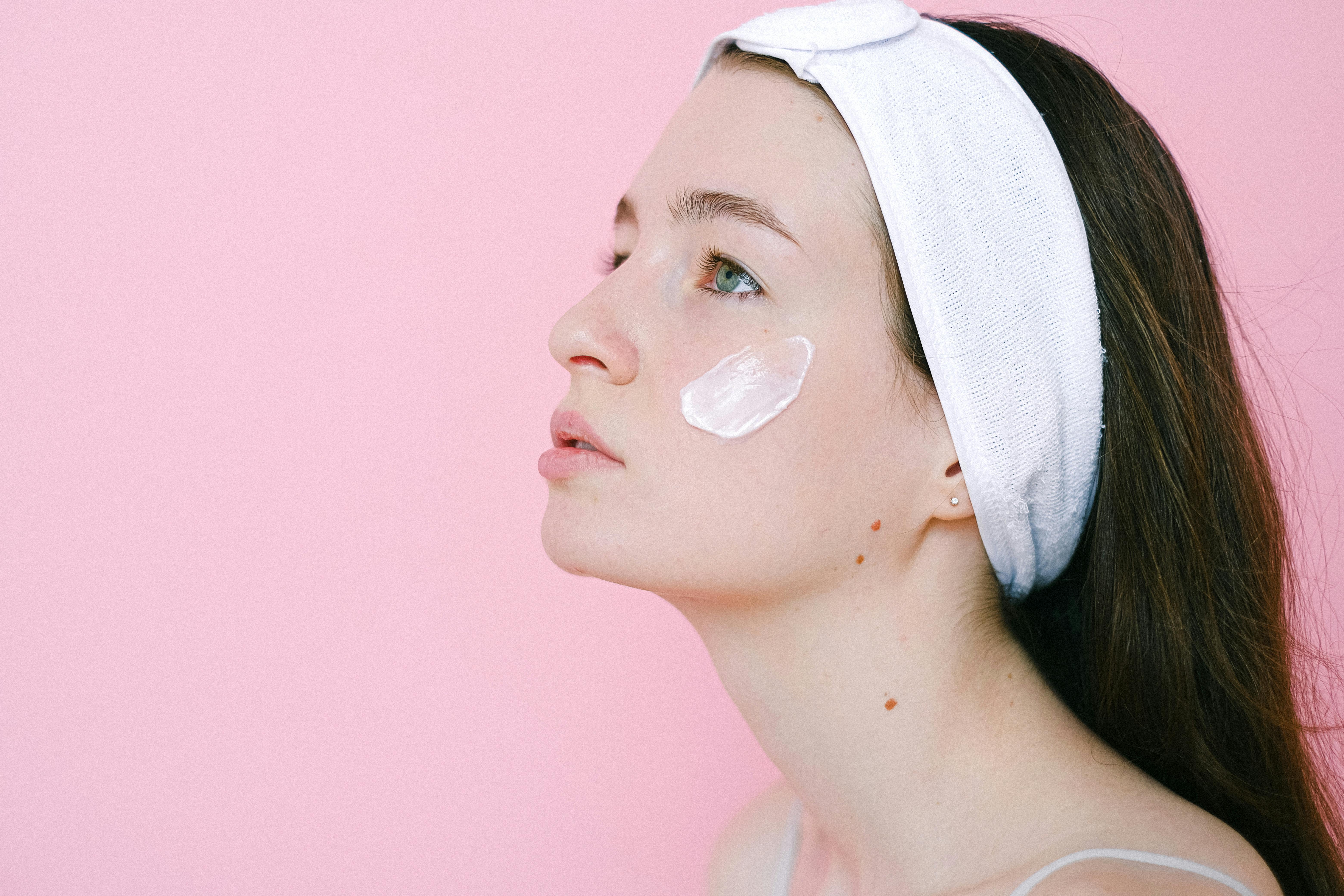
Hyaluronic acid is a common ingredient in skincare products. It's used chiefly in moisturizing creams (face cream, body and face creams), lotions, and serums because of its ability to hydrate and plump the skin. Hyaluronic acid is also used in injectable dermal fillers to help eliminate wrinkles and add volume to the face and lips. Hyaluronic acid (HA) is a glycosaminoglycan that occurs naturally in the skin, connective tissue, eyes, and joints.
What is blushing and how can we correct this?
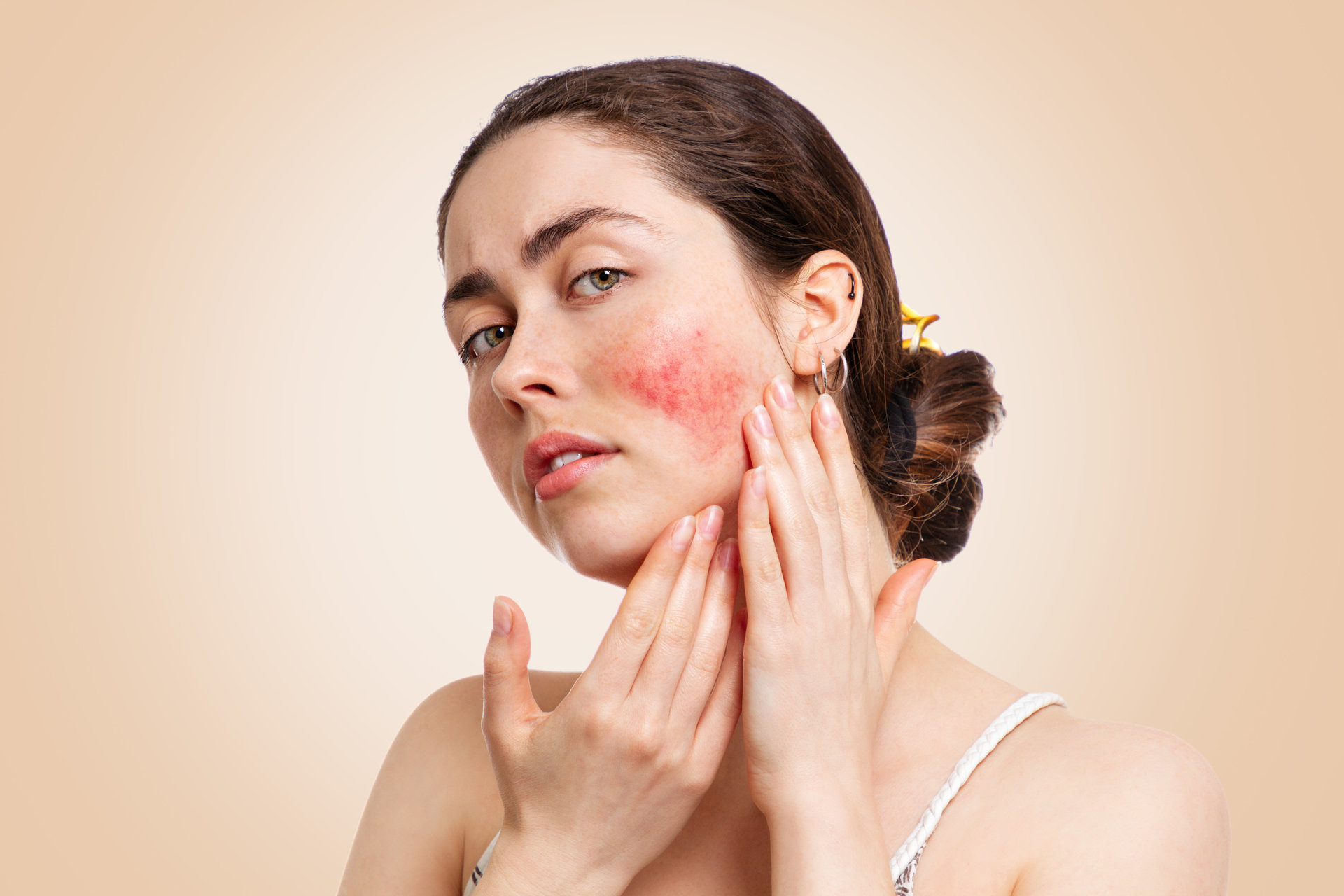
What is skin flushing?
Redness of the skin is caused by an increase in blood flow, which can be due to certain diseases or conditions and medications. When more blood flows to an area of the skin, such as the cheeks, the blood vessels dilate. This increase in blood volume gives the skin a "flushing" effect. You may feel warmth around your neck, upper chest, or face due to increased blood flow.
Eczema and other skin problems, why they occur
What is eczema? Eczema is a group of conditions that cause your skin to feel inflamed or irritated. The most common type is atopic dermatitis or atopic eczema. "Atopic" refers to a person's tendency to suffer from allergic diseases such as asthma and hay fever. In the US, eczema affects about 10-20% of infants and about 3% of adults and children. Most children outgrow it by their 10th birthday. For some people, symptoms go away and reappear throughout their lives.
Daugiau straipsnių...
Puslapis 1 iš 5








